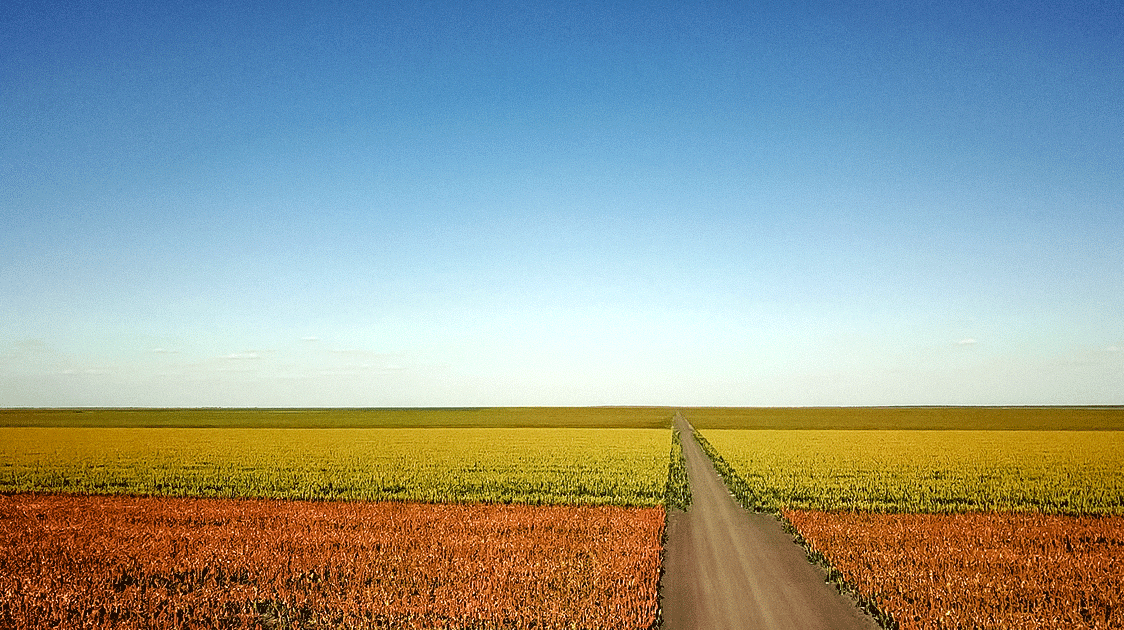Botswana
Botswana has earned a global reputation for its exceptional wildlife tourism, supported by stringent wildlife conservation policies and a rigorous anti-poaching stance. At Patrol, our mission is clear: raising awareness about conservation through stories from the frontlines. Through our newsletter, we share these vital initiatives with supporters worldwide, highlighting efforts such as Botswana’s robust anti-poaching operations, which combine cutting-edge technology, traditional tactics, and community involvement to protect its remarkable wildlife heritage.
Okavango Delta: Waterborne Patrol Strategy in Botswana
The sprawling Okavango Delta presents a unique challenge for wildlife conservation in Botswana. Its intricate channels and dense marshlands require specialized waterborne strategies. Rangers conducting an Okavango Delta patrol employ a range of methods, including traditional canoes and modern patrol boats, to navigate the challenging terrain effectively.
Mokoro vs Aluminium Hulls
The iconic mokoro (a traditional dugout canoe) provides stealth and minimal disturbance in the delicate Delta environment. Delta rangers prefer mokoros for silent patrols, enabling close observation without alarming wildlife or poachers.
Conversely, aluminium-hulled patrol boats offer speed and durability for rapid-response situations, demonstrating versatility in Botswana's anti-poaching operations. Both craft types play essential roles, depending on operational demands, and blend tradition with technology effectively.
Marshland Drone Overwatch
Innovative technology complements traditional tactics. Marshland drone overwatch has significantly boosted the effectiveness of ranger patrols in Botswana. Equipped with high-resolution cameras and night-vision capabilities, drones provide essential aerial views of remote marshlands, facilitating swift identification and monitoring of potential poaching activities.
Chobe River Frontline: Border Enforcement with Namibia & Zambia
The Chobe River region serves as a critical frontline in Botswana’s anti-poaching efforts, due to its proximity to international borders with Namibia and Zambia. Enhanced coordination among Botswana's wildlife police, river units, and the authorities of neighboring countries strengthens border surveillance and enforcement. River patrol teams deploy extensively along the Chobe River, utilizing rapid-response boats equipped with advanced navigation and communication tools, significantly reducing illegal cross-border poaching activities.
Aerial Patrols Over the Makgadikgadi Pans in Botswana
Expansive and remote, the Makgadikgadi Pans require specialized patrol techniques. Botswana has repurposed former military aircraft for conservation purposes, outfitting them with wildlife-tracking cameras for effective aerial surveillance. This innovative aerial patrol approach dramatically enhances monitoring capabilities over vast areas, providing critical intelligence to ground patrol teams swiftly and accurately.
Community Rangers in NG Units (Northern Government Zones)
Local communities play an integral role in Botswana's wildlife conservation efforts. In Northern Government (NG) zones, community rangers actively participate in monitoring and anti-poaching patrols. These rangers bring vital local knowledge and deep community connections, fostering mutual trust and cooperation. Integrating community rangers into official wildlife patrol units enhances operational efficiency, ensuring sustainable wildlife conservation in Botswana.
Learn More and Support Conservation
Botswana’s anti-poaching initiatives set a global standard, integrating traditional practices with modern technology. At Patrol, we actively promote awareness through stories of frontline conservation, inviting supporters to join our cause. Explore related topics through our Zambia hub or learn more about the ongoing threat of ivory poaching and how you can help protect Africa’s wildlife treasures.
By respecting Botswana’s conservation rules and supporting these vital initiatives, each visitor makes a significant contribution to sustaining the country’s incredible biodiversity for generations to come.

